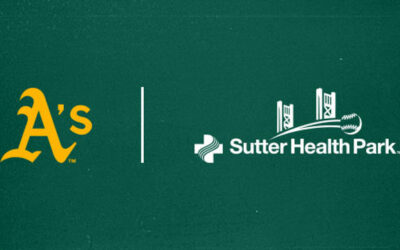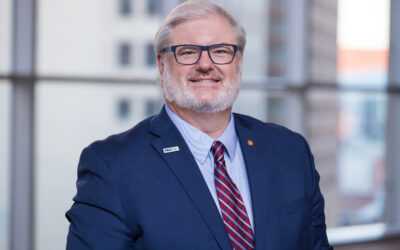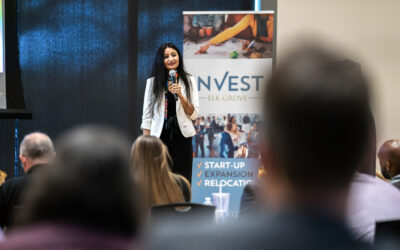FEATURED, INNOVATION
アメリカのフォーク・ツー・ファーム・キャピトル

サクラメントキングスは、アリーナのレストランや食品の操作のためのハイパーローカル食品と持続可能性プログラムにコミットしている。(画像提供サクラメントキングス)
2016年12月14日
アメリカのフォーク・ツー・ファームのキャピトル? Since the opening of the Golden 1 Center this past October, Sacramento startup California Safe Soil has been collecting food scraps from the King’s food vendors and turning it into a liquid fertilizer. The collection of uncooked foods by the arena is part of a 農場から法廷への哲学 Kings Chairman and Owner, Vivek Ranadivé, released earlier this year. In it, he identified 10 guiding principles that would govern all food, sustainability, sourcing and recycling activities at Golden 1 Center. "私たちの新しいアリーナ、ゴールデン1センターでは、我々は直接の人々とサクラメントの値を称える機会を参照してください" と彼は書いている。 One of the pledges in that statement includes implementing a new waste management plan that would substantially reduce the landfill footprint of the arena. California Safe Soil uses food that would otherwise be buried in a landfill to help farmers grow more crops with less water and chemical fertilizers. "サクラメントはアメリカの農場からフォークのキャピトルです。我々は、サクラメントアメリカのフォークからファームのキャピトルにもしたい, "カリフォルニア州の安全な土の ceo ダン Morash は言う. The Kings also announced a plan to source 90 percent of culinary ingredients from growers and producers operating within a 150-mile radius of Golden 1 Center with the support of executive chef Michael Tuohy of Legends Hospitality.
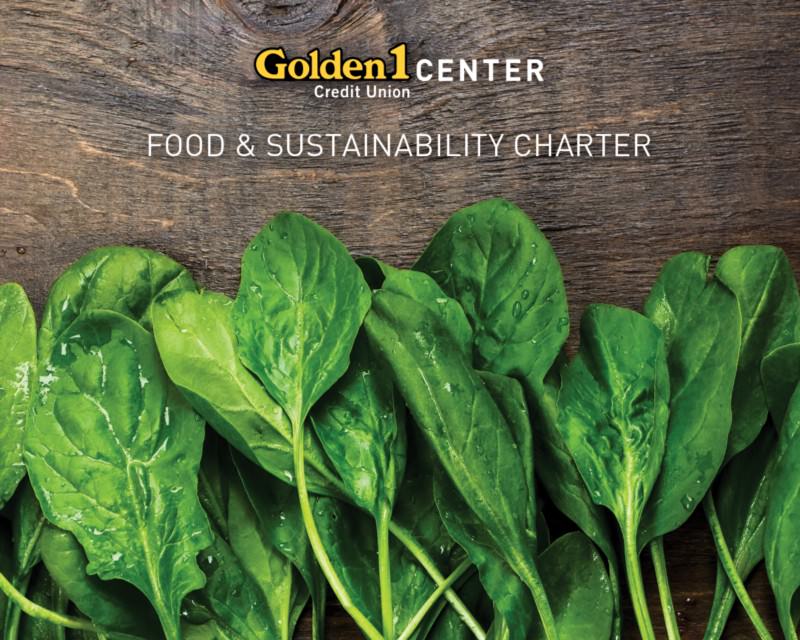
サクラメント·キングの食品と持続可能性憲章は、ゴールデン1センターの150マイルの半径内から料理の成分の90パーセントを調達し、持続可能な廃棄物管理慣行を通じて、アリーナの埋立面積を削減するための規定が含まれています。(画像提供サクラメントキングス)
食品廃棄物問題
Food waste in the United States is a $165000000000-ドルの問題.米国で生産される食糧の 40% まで決して食べられないが、食糧連鎖のあらゆるレベルで、単に失われる。スーパーマーケットは、米国農務省によると、売れ残りの果物や野菜だけで推定 $15000000000 を失います。 Where does all this wasted food wind up? In landfills, mostly. In California, 18% of all the trash that goes to landfills comes from food scraps. The problem is not simply one of space. Decomposing food scraps also emit methane, a short-lived, but particularly potent greenhouse gas. この4月以降、埋立地からのメタンガスの排出量を削減するための努力で、新しい州法 (ab 1826) will require businesses in California to recycle their organic waste. The law will also contribute to a statewide goal of 2020による有機性廃棄物の 75% の削減、リサイクルまたは堆肥化. The California Air Resources Board recently 提案 to ban the disposal of organic wastes in landfills completely by 2025. How to handle that waste is an open question. According to the California Department of Resources Recycling and Recovery (CalRecycle), 州全体の容量は、1つだけの3分の1には、有機廃棄物の10000000トンの半分は、毎年カリフォルニア埋立地に風.
サクラメントのループを閉じる
California Safe Soil owns the intellectual property rights and a few patents for a technology that deals with both of these problems by creating a liquid fertilizer from food waste in a matter of hours. The company’s founder and CEO, Dan Morash, had seen all kinds of different technology in renewable energy and adaptive reuse of waste over the course of a 30-year career as an investment banker on Wall Street. “There weren’t any good technologies for food waste recycling,” he says. When the technology for his product came along, he decided to locate his business in Sacramento for three main reasons. One, the $1.7 billion agricultural market in California, which consists primarily of specialty crops such as fruits, vegetables and nuts. The company decided that local growers of higher margin crops would be more likely to invest in a new product that promises better growth. 国の主要な農業大学の一つであるデイビスのカリフォルニア大学の隣に位置する、製品の安全性と作物の成長への影響の両方をサポートする研究を提供しました。 The third main reason to set up here was the capital. “If you plan on building any kind of project in the State of California, you had better know your way around the regulatory situation,” Morash says. The company spent the last four years building these relationships and demonstrating their technology in a pilot facility in West Sacramento, before relocating in October to a new commercial-scale facility at the McClellan Business Park.

カリフォルニア州の安全な土壌は、食料品店から食べ残し食品スクラップを収集し、現在ゴールデン1センターアリーナと、特許を取得した酵素消化技術を使用して、それから液体肥料を作成します。(カリフォルニアの安全な土のイメージの礼儀)
スーパーから土へ
California Safe Soil has long-term contracts with all 225 Save Mart supermarkets and several other California grocery chains, including Safeway, Inc., Nugget Markets, Inc., Whole Foods and Grocery Outlet. The company collects the unsold produce, meat, deli and bakery food wastes within two days of being removed from supermarket shelves. In the plant, this waste is ground up, heated and mixed with enzymes before being pasteurized for safety. "資本要件はかなり控えめな、嫌気性消化や堆肥化などの代替技術と比較して、はるかに小さい環境の足跡と、より多くの貴重な完成品は、" 科学者は、カリフォルニア大学デービス校からは、昨年の雑誌で報告クリーナー生産。「このプロセスは、重要な空気放出、液体廃液、固形廃棄物、または迷惑臭を持っていないので、都市部で必要とされるすべての運転許可を得ることができます。 The whole process takes only a few hours, rather than months, like it does in traditional compost, and results in a liquid, organic fertilizer that farmers buy to grow more fruits and vegetables. In field trials, farmers have reported yield increases up to 33%, while using up to 25% less water and reducing the need for costly nitrogen-based fertilizers.

カリフォルニアの安全な土の液体肥料を与えられた植物はそれらが土からより多くの水および肥料を取るのを助け、収穫を高め、無駄を減らすより多くの根を育てる。(カリフォルニアの安全な土のイメージの礼儀)
しくみ
The company’s flagship product, Harvest-to-Harvest (H2H), can be applied to crops using existing irrigation drip lines. The fertilizer works by stimulating the growth of a diverse population of microbes in the soil, causing the plant to grow more roots, take up more water and fertilizer, and increase flowering and fruiting. The reality underground is much more complex and is the result of a complex web of interrelationships between the billions of microbes living in soil and the plant roots. Plants get carbon from the atmosphere, during photosynthesis, and use it to create the molecular material they need to grow. However, scientists believe that nearly one-third of that carbon is never used, but is released into the soil through the plant’s roots. If this sounds like a loss, it’s not. The microbes that feed on these nutrient-rich secretions can suppress pathogens in soil, break organic matter into nutrients plants can use, and stimulate root growth, among other things. 堆肥を施すことの目的はこの自然なプロセスを複製し、土にこれらの有機性材料のいくつかを置くことによってエネルギーを節約することである。h2h は、単にこれが速く起こることができます。
絶好の機会
While most of California Safe Soil’s existing clients are local supermarkets, the company has ambitions to provide their service nationwide, throughout the food supply chain. “One of the appeals of Golden 1, in addition to it being such a landmark for the City of Sacramento, is that it demonstrates one of many other ways that we can make this program work,” says Morash. The Sacramento Kings discovered California Safe Soil at a スタートアップ競争 the team hosted earlier this year.
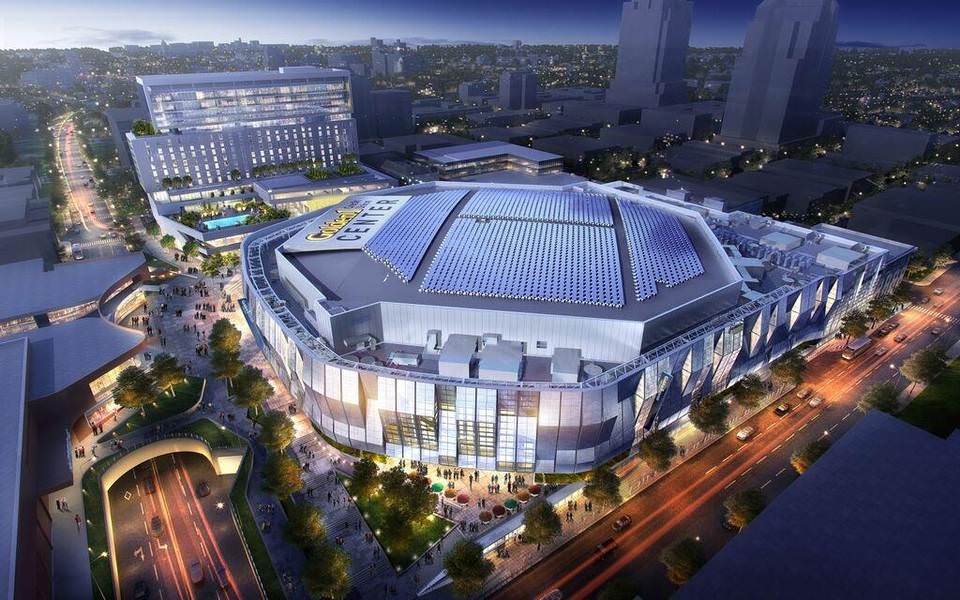
ゴールデン1センターのレンダリング。(画像提供サクラメントキングス)
キングスフランチャイズは、会長 Ranadivéは、"良い、コミュニティの単一のためのプラットフォームであることができ、私たちのベストでは、チームが家を呼ぶ素晴らしい地域のシンボルです。 “When you’re running a league like the NBA, and you’re running a league like the Sacramento Kings, you’re very visible,” says Dr. Allen Hershkowitz, Co-Founder of the NBA Green program, Green Sports Alliance and Green Sports International. “Look at it this way. Billions of dollars are spent every year to advertise with sports venues. Why do companies do that? They do that because they must assume that by affiliating with sports somehow, they are going to influence the culture of the marketplace.” Hershkowitz とサクラメントキングスは最近、持続可能性の利点については、すべての30の nba チームの大統領にプレゼンテーションを行った。 “The situation we’re in is the result of literally hundreds of millions of ecologically ignorant decisions that have been made for centuries. Now we need hundreds of millions of ecologically intelligent decisions to move us forward. And that’s what this represents. The Kings are doing their part,” says Hershkowitz.
Related Articles
Sutter Health Park to Host A’s Baseball
Today, the Sacramento Kings, majority owner of the five-time Pacific Coast League champion Sacramento River Cats, announced that Sutter Health Park will host the A’s for three MLB seasons starting in 2025 with an option for a fourth – ahead of the team’s transition to Las Vegas.
David Sander (City of Rancho Cordova)
David Sander is the mayor of Rancho Cordova and a member of GSEC’s Board of Directors. Learn more about why he values economic development, working with GSEC and living and working in the Greater Sacramento region in the Q&A below.


